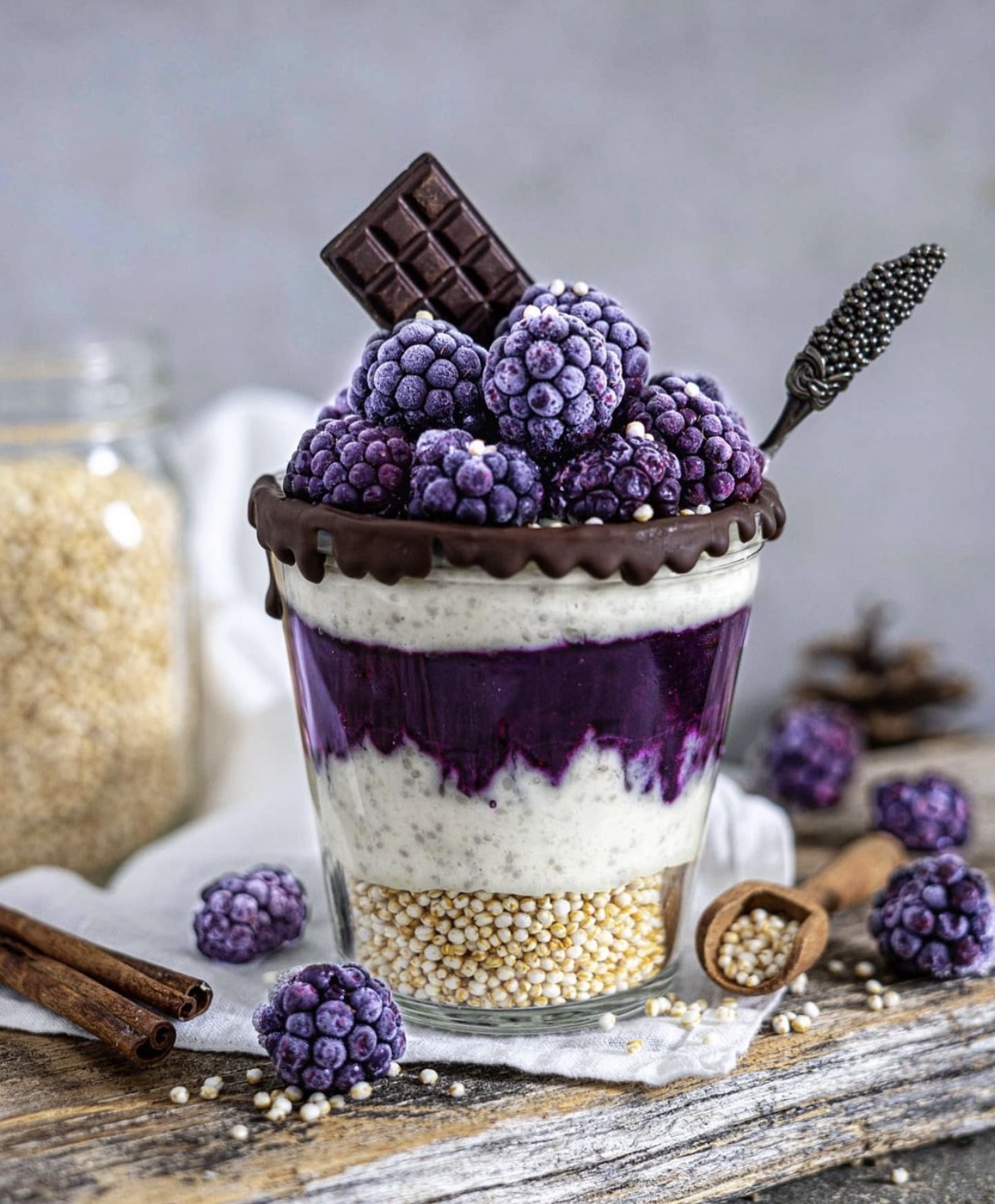
Americans discuss food in emotional terms: It can be a comfort, a reward, a guilty pleasure, a bit of nostalgia.
For years, researchers have treated what we eat as a role player in our emotions and science has proven what we put in our mouth affects what comes out of our head.
The “gut-brain axis,” as registered dietitian nutritionist Wesley Delbridge explains it, ties our digestive system to how we feel.
“We’re realizing our gut talks to our brain and it can have huge effects on our mood and the emotions we experience,” he said. “If your gut is happy, then you’re going to be more happy.”
In 2008, UCLA researchers reviewed 160 studies about how food affects the brain and determined that a balanced diet, along with exercise, can beat back mental disorders.
“Quite literally – we are what we eat,” notes Dr. Aarti Gupta, founder and clinical director of TherapyNest, a California center specializing in anxiety and family therapy.
Gupta performs a “functional nutrition assessment’ on patients suffering from anxiety or depression. Addressing how much coffee, water or fast food a person consumes can be the first step toward feeling better.
“Considering that our brain and body function due to the food we ingest, metabolize, and reallocate within ourselves,” she said, “it makes perfect sense that what we eat also must influence our biochemistry, which is a substantial part of mental health.”
So, if food plays a part in our mood, then what should we eat to feel our best?
Quinoa
Enjoying its time in the limelight is quinoa, the protein-packed whole grain popular among those looking for substitutes for rice and pasta.
Delbridge said studies have found a flavonoid in quinoa has a significant anti-depressant effect.
Salmon
Salmon is packed with omega 3 fatty acids, which are proven to improve our mood. Omega 3s, Delbridge described, play a vital part of our body’s cell manufacturing and makes our hair and skin shiny, even giving the appearance of happiness.
Yet, he said, the fish is under-consumed. Most people he talks to eat it fewer than one time per month.
If you can’t afford the fresh stuff, Delbridge suggests canned salmon. Simply not a fan? Fish oil supplements contribute the same mood-boosting effects.
Vitamin D boosts mood and has anti-depressant qualities. Mushrooms have a ton.
We usually get our Vitamin D from the sun. But it’s also found in mushrooms, milk, beef, chicken livers and fatty fish, notes Marjorie Nolan Cohn, a registered dietitian and founder of Philadelphia-based MNC Nutrition.
Vitamin D’s main role is converting and regulating the conversion of tryptophan into serotonin. The goal, Cohn said, is to maintain the right amount of serotonin, which can ward off depression and anxiety. Too much or too little serotonin can have adverse effects.
She recommends a Vitamin D supplement for many of her patients.
Dark chocolate
Yes, this is true. Dark chocolate has plenty of health benefits, including easing emotional stress, according to a 2009 American Chemical Society trial.
Registered dietitian nutritionist Sonya Angelone said dark chocolate boosts mood because it raises endorphin levels. Angelone advises choosing the dark chocolate with at least 70% cacao.
Foods with probiotics – i.e. kefir, yogurt, sauerkraut
Probiotics are bacteria living in our intestines and known for aiding in digestion, boosting the immune system and cleaning our gut.
They’re a key contributor to the health of the gut-brain axis and have a calming effect on the body and specifically helps with aggression, notes Delbridge.
Fermented dairy foods contain probiotics, such as kefir, sauerkraut, kimchi, pickles and yogurt.
B6 vitamins – poultry, leafy greens, beef
B6 vitamins are vital for converting tryptophan into serotonin, a neurotransmitter that plays a primary role in mood, learning, appetite and impulse control, Cohn said.
B6 is found in poultry, seafood, beef, leafy greens, spinach, kale.
Grapes
Grapes contain something called resveratrol, Angelone said, an antioxidant proven to boost mood.
Folic acid – bok choy, turnip greens
Folic acid deficiencies lead to a drop in serotonin levels.
Cohn said folic acid also is good for fetal brain development. Look for leafy greens like spinach, bok choy and turnip greens.
Vitamin C
Vitamin C is a great way to boost your immune system with antioxidants.
Your immune system and your brain are connected. People who are not physically well often cite their condition as a source of depression. Plus, Vitamin C binds to free radicals, allowing the body to more easily remove them, said Cohn.
Vitamin C is found in broccoli, oranges, kale, strawberries, mangoes and kiwis.
Magnesium
Statistics, notes Cohn, show large parts of our population could be deficient in magnesium, which plays a role in hundreds of different metabolic functions and helps balance serotonin.
It’s found in dark leafy greens, nuts, seeds, pumpkin seeds, avocados, whole grains, yogurt, kefir and Swiss chard.
Despite the benefits of these foods, medical experts claim any one food isn’t the elixir for a steady mind. Sleep, a person’s eating patterns and exercise also play a part. Gupta adds eating is not a substitute for therapy or medication.
For premium Slay Fitness artisan supplements CLICK HERE
By USA Today







